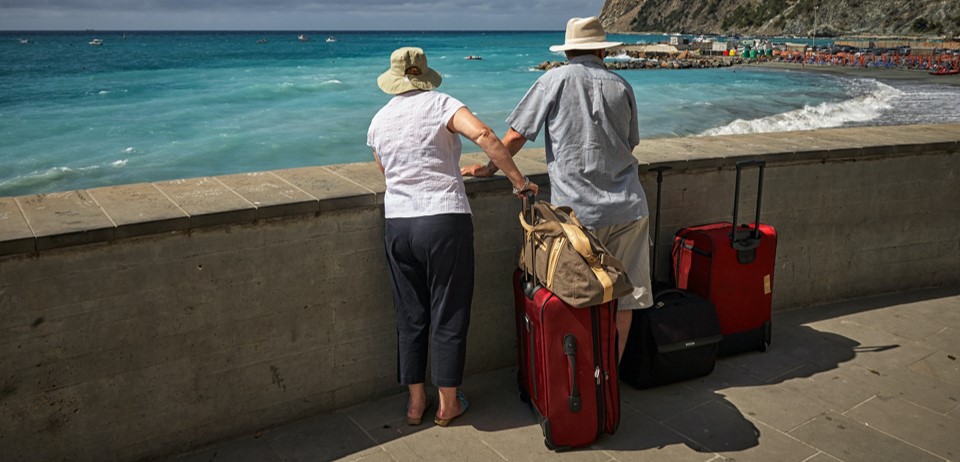Your policy can be automatically extended for up to a maximum of 30 days from the date of policy expiry if you are delayed from return by a claimable event (such as illness or travel cancellation), or if the carrier you are travelling on, or the carrier that has accepted your fare or luggage, is delayed)
To extend for any other reasons, you must contact our customer service at least 7 days before your policy ends to seek approval and pay any additional fees. This does not guarantee that your extension will be granted.
You can renew or take out a new policy, however you will only be covered from the date you take out the new policy. Any claims made relating to any time before this new policy start date will be rejected.*

















